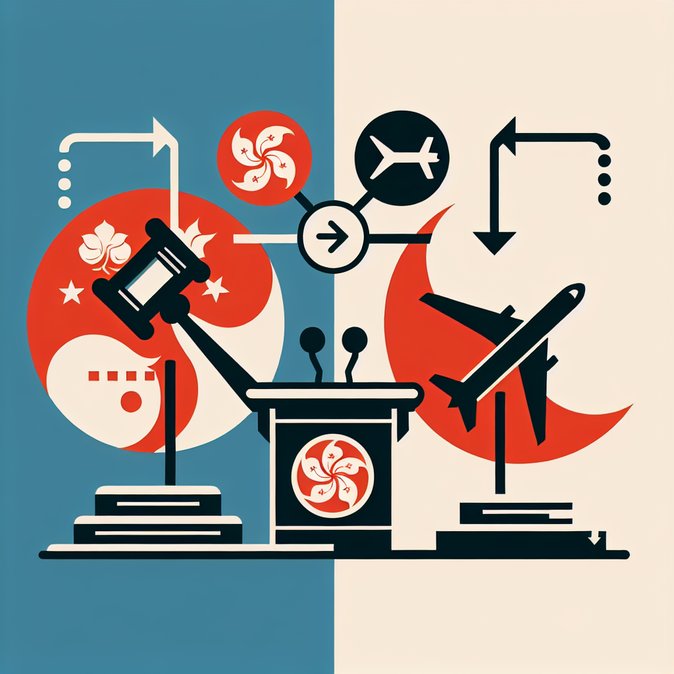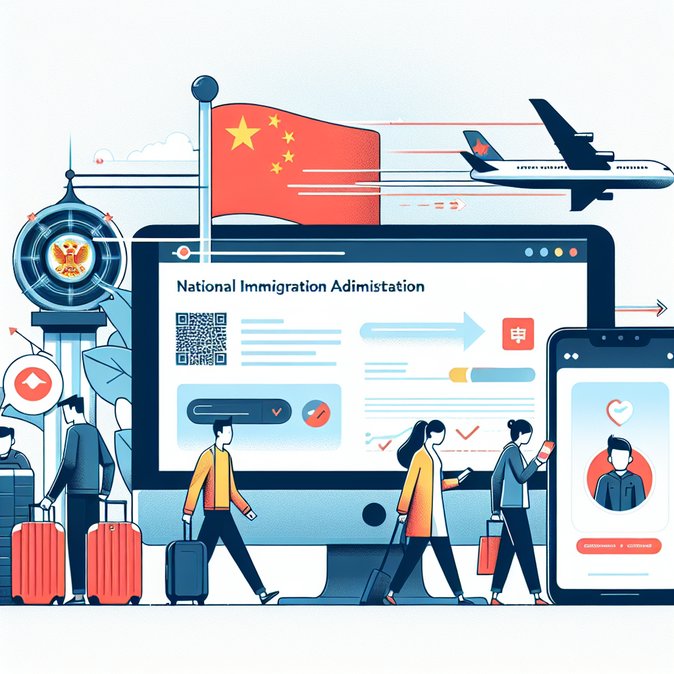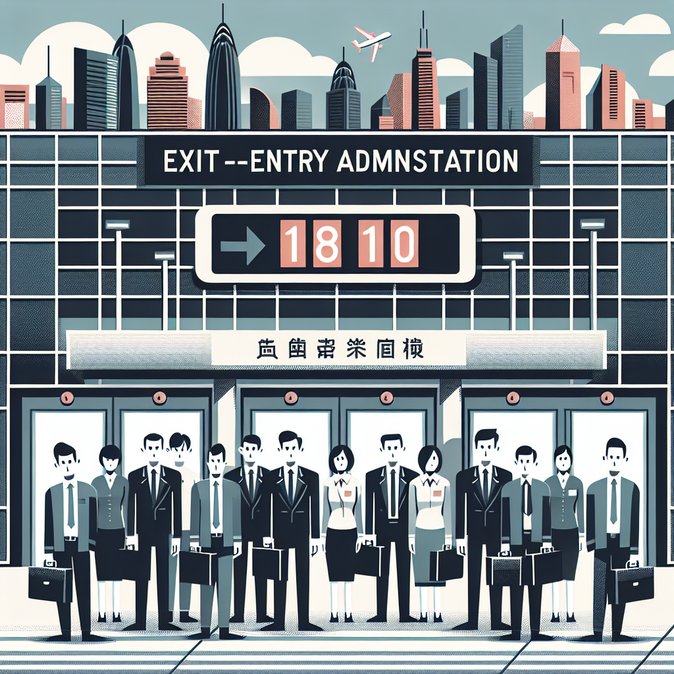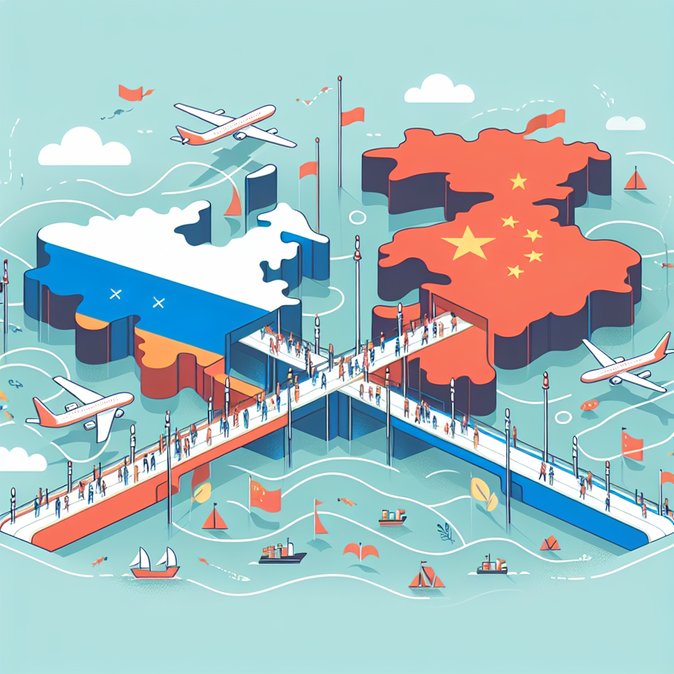
Chief Executive John Lee on 24 November voiced support for China’s tougher diplomatic stance toward Japan following remarks by Japanese Prime Minister Sanae Takaichi about Taiwan. Lee told reporters that Hong Kong would ensure its actions "align with national dignity and the interests of Hong Kong people,” marking the territory’s first official comment on a dispute that has already chilled people-to-people exchanges.
Although Lee stopped short of confirming media reports that official exchanges with Japan have been suspended, the city’s Security Bureau had already upgraded its outbound travel alert on 15 November, urging the 2.68 million Hong Kong residents who normally visit Japan each year to exercise heightened caution.
![Hong Kong aligns with Beijing on Japan dispute, keeps flexible rebooking for Japan-bound travelers]()
The advisory triggered a wave of voluntary change-fee waivers by Cathay Pacific, Hong Kong Airlines and Greater Bay Airlines, allowing passengers booked to Japan before 31 December to rebook or refund without penalties. Travel agents report a 20 % drop in new Japan bookings over the past week, though most November–December flights are still operating.
From a corporate mobility perspective, firms with regional staff transiting through Hong Kong or headquartered in the city should monitor further guidance. If formal restrictions follow, they could affect visa processing at the Japanese Consulate General, disrupt frequent-flyer upgrade inventories, and complicate assignment planning for managers who split time between Tokyo and Hong Kong.
Japan is Hong Kong’s second-largest outbound market after Mainland China; any sustained dip in traffic would also hit Hong Kong International Airport’s recovery trajectory. Companies are advised to keep flexible fare classes and ensure travel insurance policies cover political-risk disruptions.
Although Lee stopped short of confirming media reports that official exchanges with Japan have been suspended, the city’s Security Bureau had already upgraded its outbound travel alert on 15 November, urging the 2.68 million Hong Kong residents who normally visit Japan each year to exercise heightened caution.

The advisory triggered a wave of voluntary change-fee waivers by Cathay Pacific, Hong Kong Airlines and Greater Bay Airlines, allowing passengers booked to Japan before 31 December to rebook or refund without penalties. Travel agents report a 20 % drop in new Japan bookings over the past week, though most November–December flights are still operating.
From a corporate mobility perspective, firms with regional staff transiting through Hong Kong or headquartered in the city should monitor further guidance. If formal restrictions follow, they could affect visa processing at the Japanese Consulate General, disrupt frequent-flyer upgrade inventories, and complicate assignment planning for managers who split time between Tokyo and Hong Kong.
Japan is Hong Kong’s second-largest outbound market after Mainland China; any sustained dip in traffic would also hit Hong Kong International Airport’s recovery trajectory. Companies are advised to keep flexible fare classes and ensure travel insurance policies cover political-risk disruptions.


